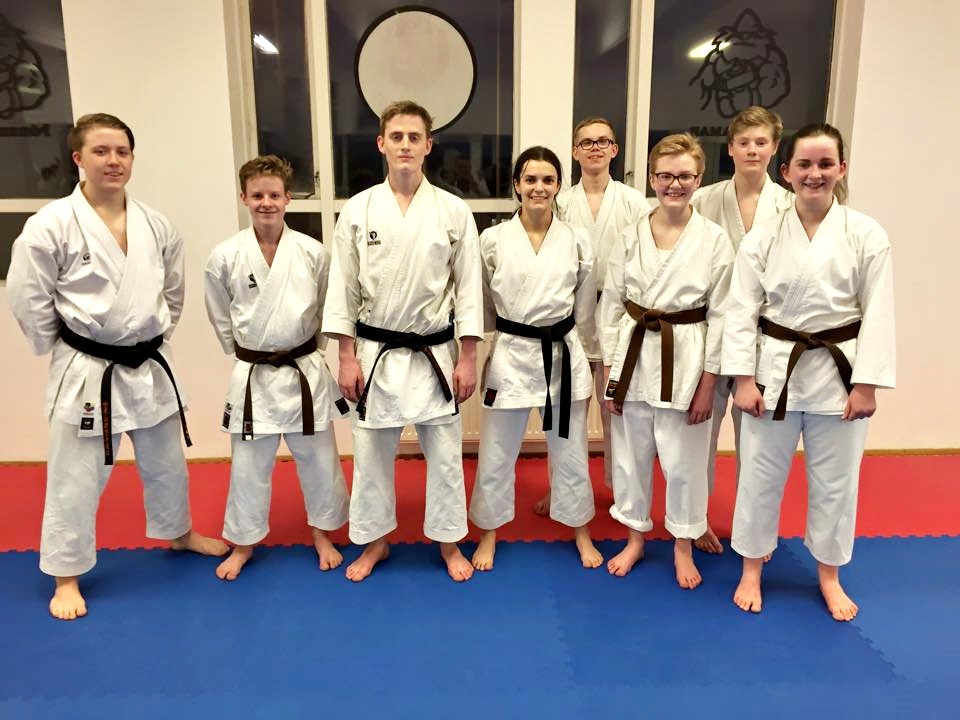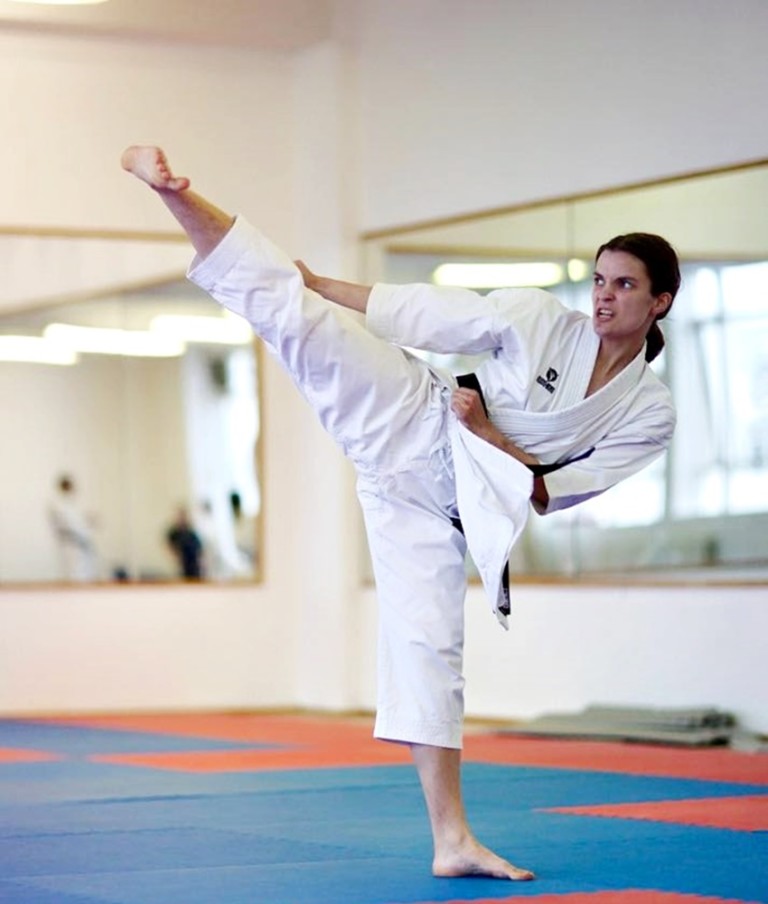Karate instructor María Helga Guðmundsdóttir thinks it’s important to open up a discussion on queer prejudice and bullying in sports in Iceland and has posted about it on Facebook. Halla Þórlaug Óskarsdóttir met María Helga and started by asking what prompted her to speak up.
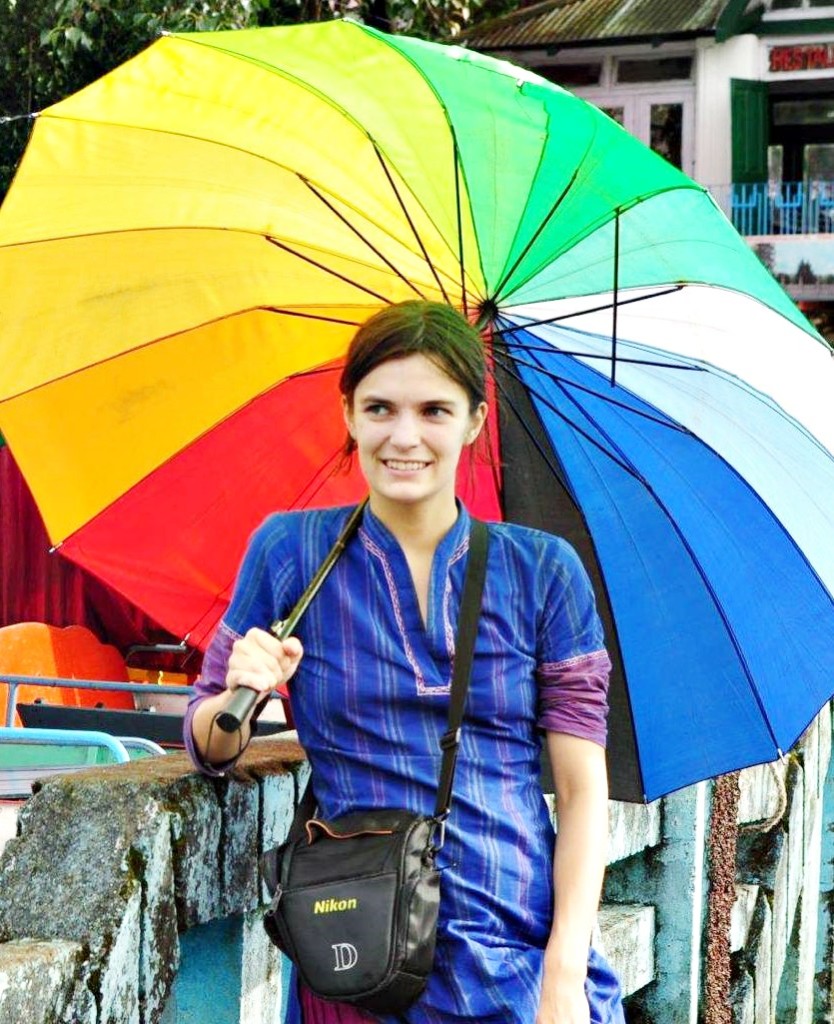
“Well, I was having dinner at a karate training camp in Europe, where some pretty typical generic homophobic remarks were being made at the table. One guy was saying something and another guy kept saying: “Oh, that’s so gay”, even though they didn’t mean anything by it.
But it kind of struck me, that these are the sort of things people tend to say without thinking that there might actually be people present who are queer. That people saying these things might be pushing young people, who look at them as role models, deeper into the closet.
That got me thinking that even in a place like Iceland where queer issues are openly discussed, they’re not discussed in sports at all.
For example there’s a whole section on preventing bullying and discouraging substance abuse on the website of ÍSÍ (The National Olympic and Sports Association of Iceland), but there is no mention of the words queer or gay – let alone trans. That’s why I began thinking: why are we not discussing this? So I figured the best way to do that was just to open my mouth and start talking.”
Asked if she’s experienced or witnessed queer prejudice in sports in Iceland María Helga says that she’s familiar with incidents where coaches and athletes have demonstrated clear prejudice. “A friend of mine has also experienced attitudes towards queer women in basketball. She told me that hate speech is rare, but erasure and silence are common. For example her coach would always refer to her and her girlfriend as sisters. And, then the younger girls were insecure about showering with players who were lesbians, but it was never brought up, never dealt with openly.”
“A friend of mine has experienced attitudes towards queer women in basketball. She told me that … erasure and silence are common.”
Is queer prejudice more common in certain sports? “Well, the main difference is how homophobia is expressed in team sports versus individual sports. I think it’s definitely true that whenever you bond with a team, it certainly reinforces a certain way of presenting yourself and discourages you from deviating from whichever way you’ve chosen to put yourself forward.
Whereas when you’re competing as an individual you have a little bit more flexibility to change the way you present yourself without somehow disturbing the dynamic of the group.
And we do see in some of the most popular organized team sports, like professional soccer for instance. I read somewhere that out of about 500.000 professional male soccer players in the world, historically maybe three have been out, while playing. That says a lot.
You basically don’t need mild or egregious homophobic slurs to make the environment unfriendly. If you are a queer person and have no role models in sports, like in soccer where there are no openly gay guys, it doesn’t exactly make for a friendly environment to start with.”
Trans phobia and intersex phobia in sports
María Helga says that homophobia isn’t the only problem in the world of sports, there is also tremendous anxiety surrounding gender identity and biological sex. “For example, there has been a practice for decades now of gender testing female athletes who compete in women’s sports’ categories,” she points out. “Nominally this is meant to ensure that men don’t pretend to be women to gain a competitive advantage in sports, but the effect is basically to police femininity in these environments and to humiliate women, from women who have atypical hormonal production, to intersex women who have chromosomal variations.
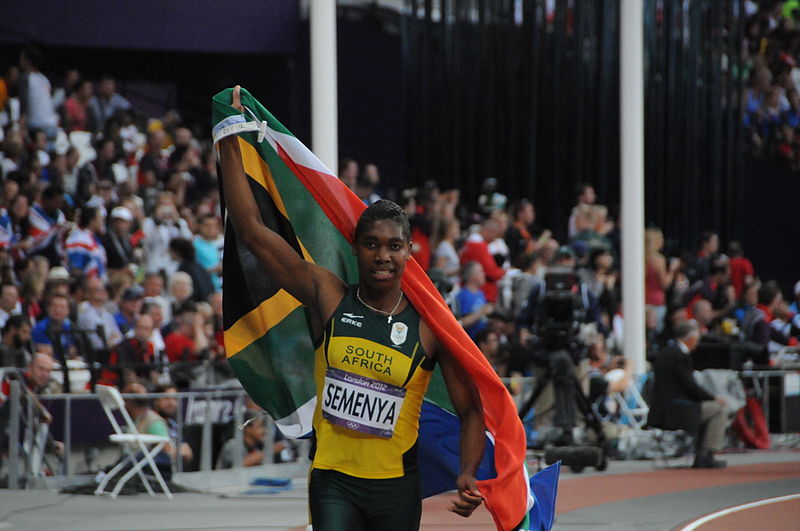
There have been cases of athletes who have been banned from competing because they turned out to have XY chromosomes but they had complete androgen insensitivity and therefore derived no competitive advantage from their supposed male biological status.
And at no point in history has anyone ever uncovered a case of sex fraud for competitive benefits in sports, so it’s pretty clear that the anxiety on which this is based is completely unfounded.
And in light of that I think trans athletes are really having a tough time.”
Abroad there seem to be two groups with opposing views; one that supports the rights of trans people to compete in sports and another that for example believes that trans women have an unfair advantage in various sports. Do you think there’s a way to compromise their views?
“I think it’s always possible to come up with a set of rules that ensure opportunity and a reasonably level playing field. But I think we also need to be conscious of the fact that although we talk about a level playing, that’s essentially just a fantasy. There is no such thing. We are all differently able physically, and whatever set of rules we impose, they’re always going to advantage some people over others.
For example the NCAA, which is the main college athletics association in the US, has a very detailed policy on trans athletes. They have taken steps to ensure that their policy is in a place to allow both trans female and male athletes to compete in appropriate male or female categories of their choosing.
“There has been a practice for decades now of gender testing female athletes … to humiliate women, from women who have atypical hormonal production, to intersex women …”
Basically the only criteria that are required is that there has to be a disclosure of hormonal treatments, and that trans female athletes who are not receiving hormone replacements can not compete in female categories because they’re considered to have testosterone advantage and trans male athletes can not compete in female categories if they are receiving testosterone.
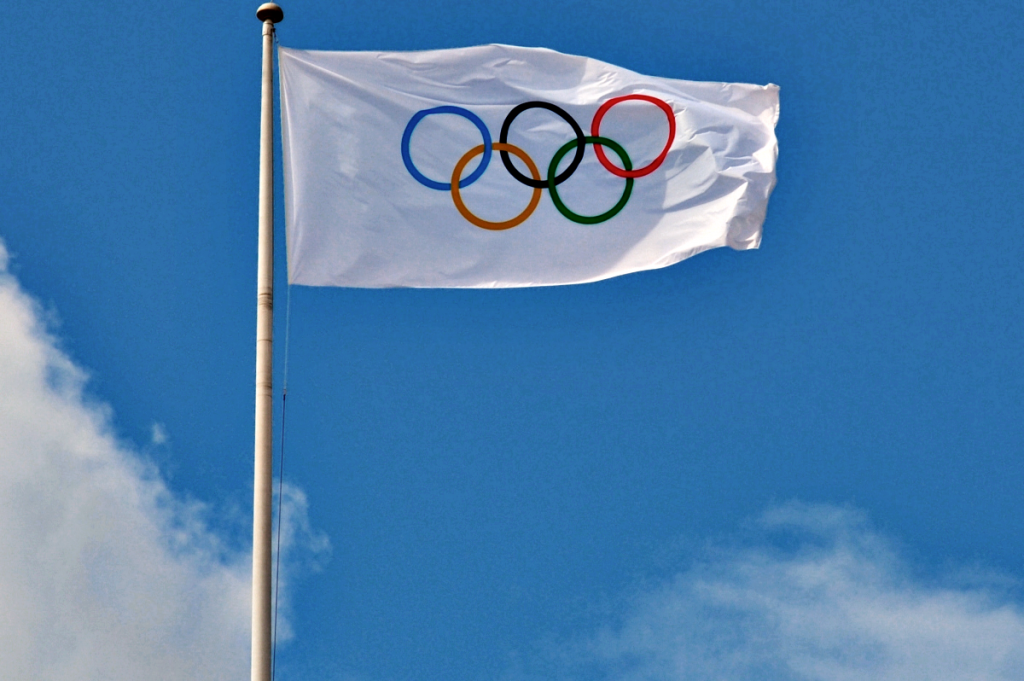
Apart from that they’ve put together a policy that, as far as I can tell as a non-expert, makes great strives towards ensuring that trans athletes have the rights to participate in sports; the right to express their gender identity and be treated with respect in accordance with that.
So it’s not impossible, it’s just a matter of sitting down, drawing up some sound rules and educating people on how to treat each other with respect.
And as for the supposed advantage that trans women have when competing in female categories, it’s generally accepted based on scientific studies that after a year of hormone replacement, changes in muscle mass and strength have closed the gap between them and “biologically born females”. So, a trans woman who has been receiving hormone replacement for over a year has no physical advantage over “an average woman”, due to a greater testosterone supply.”
When you say it’s important to open up a discussion on queer prejudice in sports in Iceland, how do you think that should be carried out?
“I believe it all starts and ends with education. At karate club, for example, we have a courses for new coaches, where we address this issue. Two members of our board are queer – myself and Kitty Anderson, president of Intersex Iceland and board member at Samtökin ‘78 – so we didn’t have to look far for motivation to bring these matters to the fore. We are working on a formal education package dealing with queer issues in sports, which could be shared with other organizations, but in the meantime we keep the subject very much open with our coaches and young athletes. Most if not all of them read the Facebook post that prompted this interview, and we’ve had very productive conversations about it at the club.
“I think ÍSÍ should set the tone over all and then the sports clubs need to follow-up. The sports movement needs to be less afraid to talk about these things.”
But I think ÍSÍ should set the tone over all and then the sports clubs should follow-up. The sports movement needs to be less afraid to talk about these things. A lot of queer athletes probably keep their mouths shut for far a longer time than they have to, because they’ve experienced enough prejudice in their lifetimes and they don’t want to invite more.
We often tend to make an instinctive choice to be silent, because opening up makes us anxious, and I don’t think we have to. We need to recognize that it’s not as dangerous as we’d like to think.
I also think that the more people are out, the less likely others are to make inappropriate or hurtful comments, because all of a sudden there’s a real human being with a real face in front of them whose feelings could be hurt.
I’m sure none of the people I was talking to at the training camp, would have made those comments if they knew there was for example a gay guy at the table. Because in reality, they’re nice people.”
